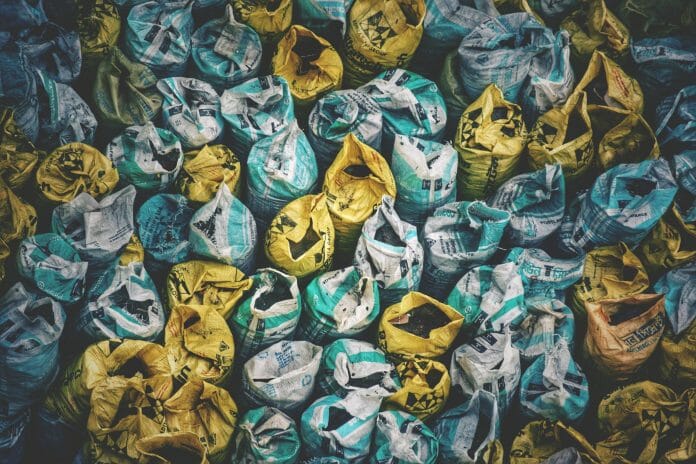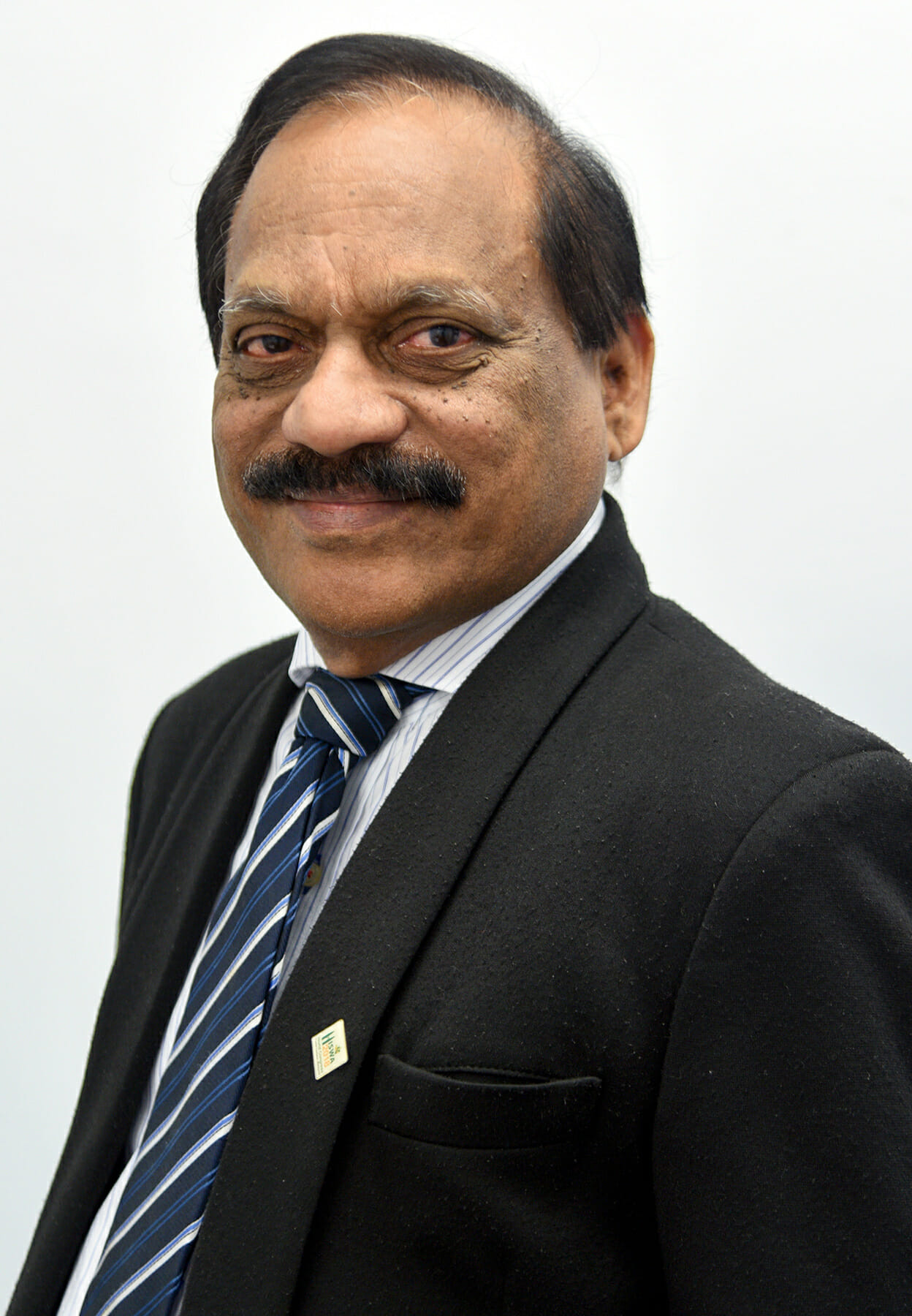By Professor Agamuthu Pariatamby,
According to the Ministry of Health, Malaysia recorded more than 9,354 Covid-19 cases and 128 deaths as of September 1, 12.00 pm. The total number of cases reported globally at the same time was around 25.3 million cases, and the total death toll has exceeded 848,000. The worldwide death rate due to Covid-19 is around 3.4 percent.
The spreading of Covid-19 is via human-to-human transmission with an average basic reproductive rate (R0) of 2.2 meaning for each patient, 2.2 other individuals become infected.
In Malaysia, the daily generation of clinical waste in year 2013 was 50 tonnes per day and 18,000 tonnes annually and currently it is estimated that the generation of biomedical waste is 90 tonnes/day or 33,000 tonnes/annually, whereby about 75 to 80 percent is non-pathogenic waste.
Based on the 27 percent increase in the generation of biomedical waste during Covid-19 pandemic it is estimated that about 25 tonnes is Covid-19 based biomedical waste.
There are currently 144 government hospitals with 42,000 beds and 240 Private Hospitals with 16,000 beds which generate clinical waste daily. According to DOE Malaysia, the amount of clinical waste produced in hospitals is about 20 to 40 percent as compared to general waste.
During Covid-19 pandemic, the increase in clinical waste generation could be from swab, syringes, needles, sharps, blood or body fluid, excretions, mixed waste, laboratory waste, material or equipment contaminated with the virus, mask or disposable gloves, personal protective equipment (PPE) that is used for screening and treatment for Covid-19 infected personals. The amount of waste generated during Covid-19 is estimated to be about 0.4 – 1.0 (kg/bed/day) from an infected individual.
The current practice of clinical waste management and Covid-19 related waste follows the existing policy and legislation of clinical waste management under Schedule Waste Regulation (2005), Environmental Quality Act, 1974, and with the standard operating procedure (SOP) provided by Ministry of Health, Malaysia. The clinical waste generated is basically classified into four different categories as stated in Scheduled Waste Regulations 2005 as SW403, SW404, SW421, and SW422.
The contractors for the management of clinical waste in Malaysia are licensed under Section 18 (Environmental Quality Act 1974) regulation provided by DOE Malaysia.
The disposal of clinical waste is done by separating the clinical waste from generated waste, labeled and disposed into proper containers and bags which are then collected by the licensed contractors for disposal and treatment at 12 different incineration facilities nationwide.
The waste is disposed of according to color coded containers or plastic bags. This is in line with the Environment Quality Act (Scheduled waste) 1989 which stipulated that all healthcare establishments in Malaysia must adopt the color-coding standard in classifying biomedical waste.
So it can be stated that Malaysia is managing healthcare waste effectively where all waste is incinerated, and the ash disposed at the Integrated Hazardous Waste Treatment Center.
However, household hazardous waste is still an issue and often face-masks are discarded openly without much environmental concern.
If not managed properly, these can lead to public health risks, releasing toxins in the environment and possibly cause secondary transmission to humans. A report in Lancet1 found that the coronavirus can last on a surgical mask for 7 days. This waste can also reach water sources and increase river and marine pollution.
UNEP has called for Covid-19-related waste to be segregated at the household levels. These waste containers should be sealed and kept safe from scavengers. It has also advised that waste handlers wash their hands thoroughly after sealing bags. Waste separation is the key to waste management.
This is where we can play a role. We see advanced waste separation practice in Japan and Korea in the Asian region.
As Malaysia continues to battle the pandemic, it is important for us to protect ourselves today and protect the environment for tomorrow.
[This article is partly based on the paper accepted for publication in Waste Management and Research journal.]
Professor Agamuthu Pariatamby is a Professor at Sunway University’s Jeffrey Sachs Center on Sustainable Development specializing in Solid and Hazardous Waste Management.










